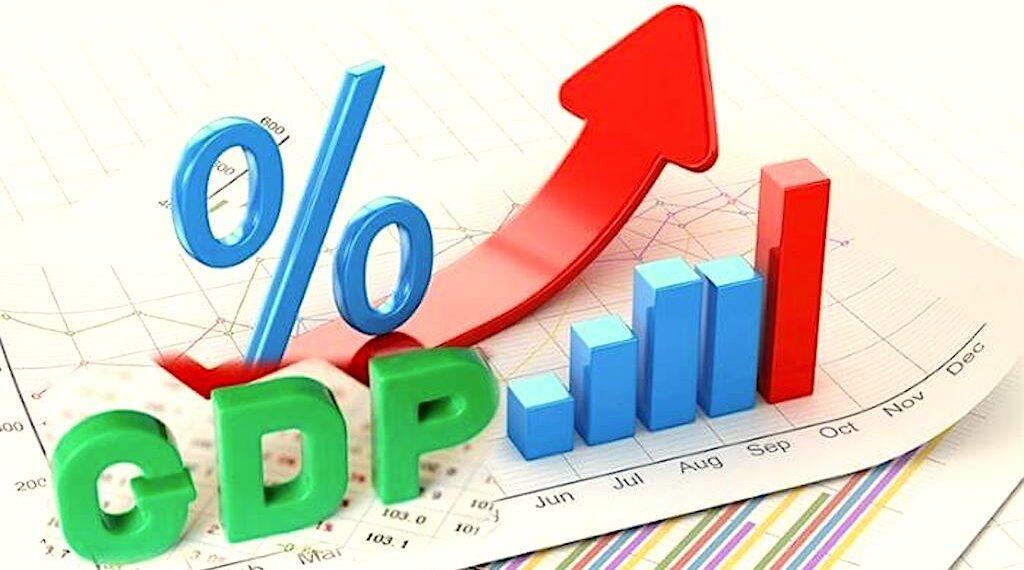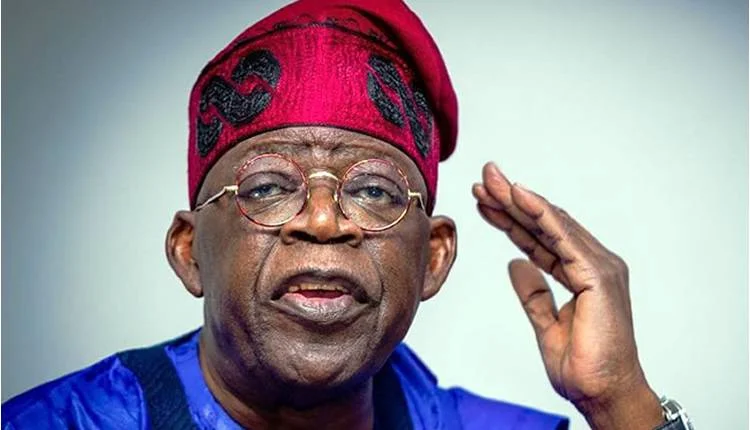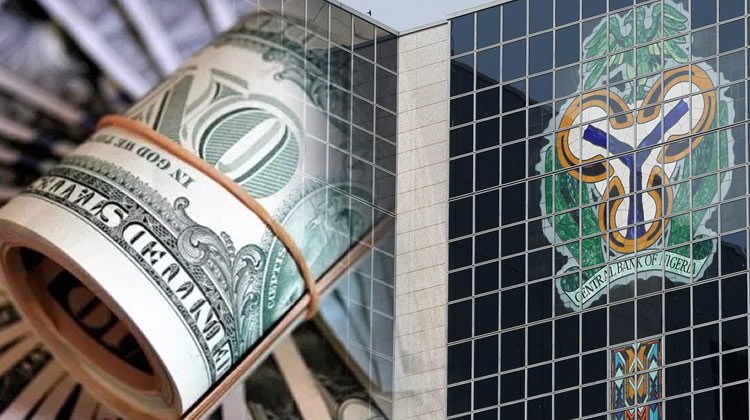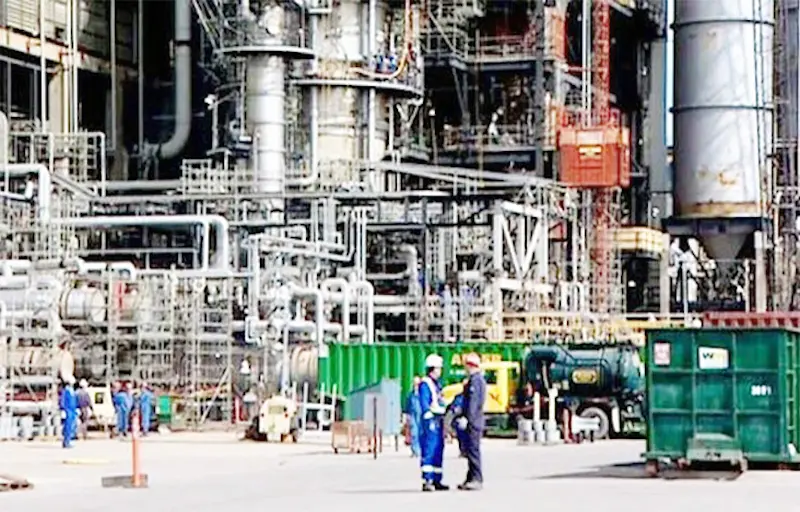Nigeria’s Gross Domestic Product growth of 3.46 per cent in the fourth quarter of 2023 without impact on the well-being of citizens has raised fresh concerns amid untamed economic hardship.
The latest GDP by the National Bureau of Statistics shows that Nigeria’s economy grew by 3.46 per cent year-on-year in real terms in Q4 2023, though the growth is lower than the 3.52 per cent recorded in Q4 2022 and higher than Q3 2023 growth of 2.54 per cent.
The simple implication is that the monetary value of all finished goods and services made within Nigeria stood at N21.77 trillion in the reference period.
However, the growth of Nigeria’s GDP has yet to translate into the economic prosperity of its citizens. This is as Nigerians grapple with economic hardship caused by soaring inflation and a high cost of living.
Despite the country’s GDP on paper projecting a rejuvenating Nigerian economy, Nigerians on the streets of Lagos, Kano, and Anambra states have yet to feel the impact.
In January, NBS said the country’s inflation increased to a record high of 29.90 per cent, which was worsened by 35.42 food inflation.
The country’s soaring inflation has further reduced the purchasing power of Nigerians.
This is why Nigerians in Niger, Kano, Kogi, Oyo, and Lagos states have hit the streets in protest against economic hardship.
Similarly, the Nigeria Labour Congress, an umbrella union for government workers, plans to commence a nationwide protest on February 27 and 28 over the raging hardship in Nigeria.
The indication is that Nigerians are yet to experience the feel-good effect of the country’s GDP growth and economic policies under President Bola Tinubu.
Speaking to DAILY POST on Monday, Mazi Okechukwu Unegbu, a former president of the Chartered Institute of Bankers of Nigeria, CIBN, said Nigeria’s GDP growth in Q4 does not reflect on the streets of Lagos or anywhere in the country, indicating a disconnect between the figure and reality.
He noted that 3.46 per cent GDP growth should ordinarily reflect on the Nation’s economy.
Unegbu said other developing countries with 3 per GDP growth are doing very well, but the reverse is the case with Nigeria.
The rising unemployment, inflation, foreign crisis and other factors, he noted, are negative factors against the country’s growth.
The economist said that Nigeria’s GDP will remain low without adequate return to mass production.
Similarly, Prof Godwin Oyedokun, a don at Lead City University in Ibadan, said rising inequality, corruption, poor governance, dependence on oil and lack of infrastructure are why Nigeria’s GDP growth rate did not translate to economic prosperity for its citizens.
He stated that the country must address the underlying issue of hindering in-country production for GDP growth to impact its citizens.
“Overall, a combination of factors such as inequality, corruption, poor governance, dependence on oil, and lack of infrastructure have all contributed to Nigeria’s GDP growth not translating into economic prosperity for its citizens.
“Addressing these underlying issues will be crucial for Nigeria to achieve inclusive and sustainable economic development”, he said.
On his part, the CEO of SD & D Capital Management, Mr Idakolo Gbolade, said the GDP growth can only translate to real growth when government policies are implemented aggressively in agriculture, oil and gas (Exploration and Refining), manufacturing sector and SMEs.
He faulted the pace of the country’s agricultural revolution as President Bola Ahmed Tinubu’s administration promised.
Gbolade noted that when there is increased economic activity and internal food security, then Nigerians can begin to feel the real impact of the growth in economic activities.
He added that the government must implement policy on loans to the manufacturing sector and small and medium-sized enterprises to stimulate the economy and engender growth.
“The GDP figures in Q4 2023 are a result of improved economic activities in the oil and gas sector which have increased our oil output and exploration.
“In Q4 2023, oil and gas contributed meaningfully to the GDP, and this improvement led to growth witnessed in Q4 2023 GDP.
“The economic growth as signified by the GDP growth can only translate to real growth when government policies are implemented aggressively in agriculture, oil and gas (Exploration and Refining), manufacturing sector and SMEs.
“As a matter of urgency, the government needs to implement a policy on loans to the manufacturing sector and the SMEs to stimulate the economy and engender growth.
“The pace of the agricultural revolution is also unacceptable, and urgent steps need to be taken on the implementation side.
“When there is increased economic activities and internal food security, Nigerians can begin to feel the real impact of the growth in economic activities”, he told DAILY POST.
Economic Hardship: Nigeria’s GDP growth rate without impact on citizens sparks concerns



